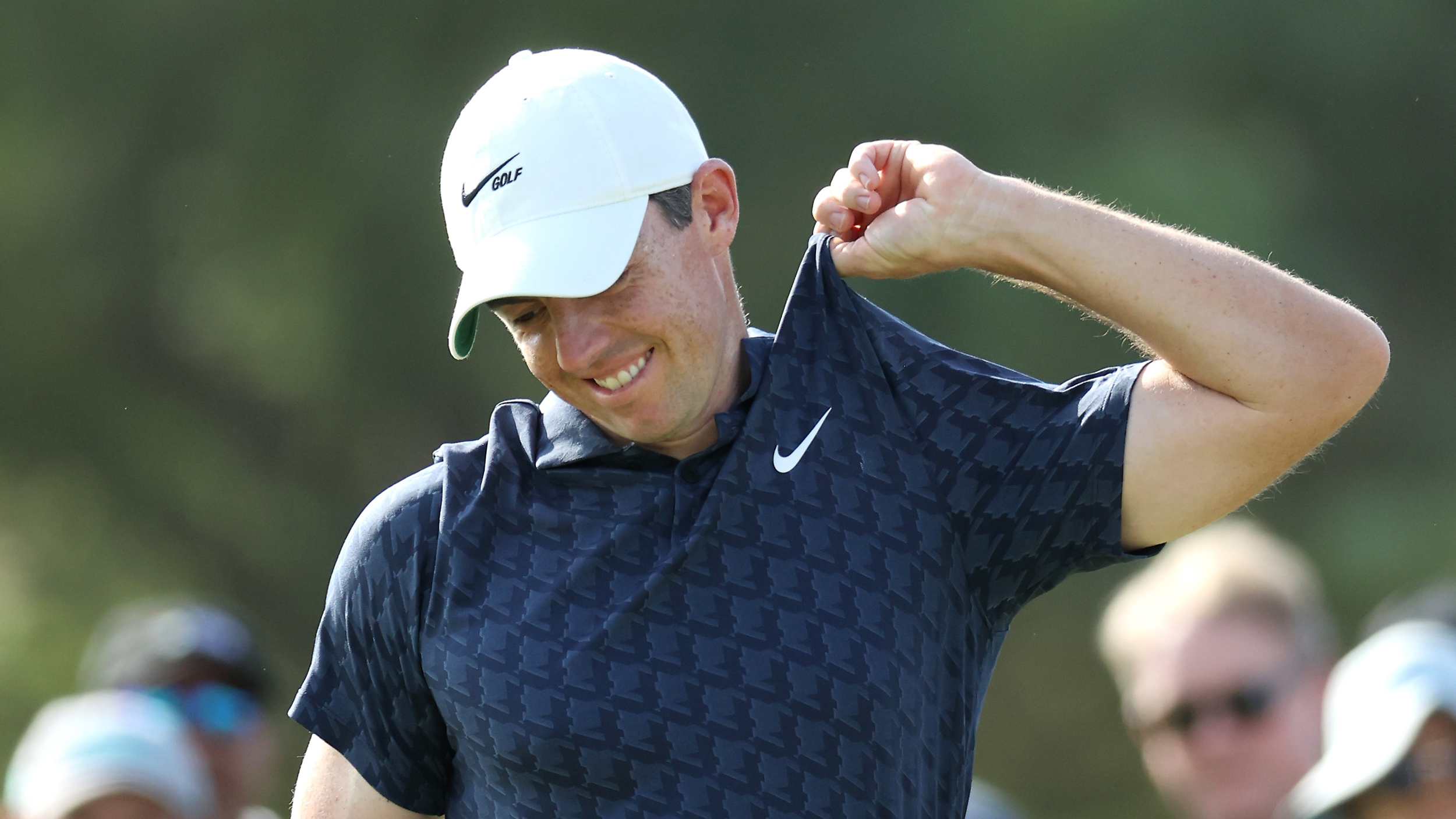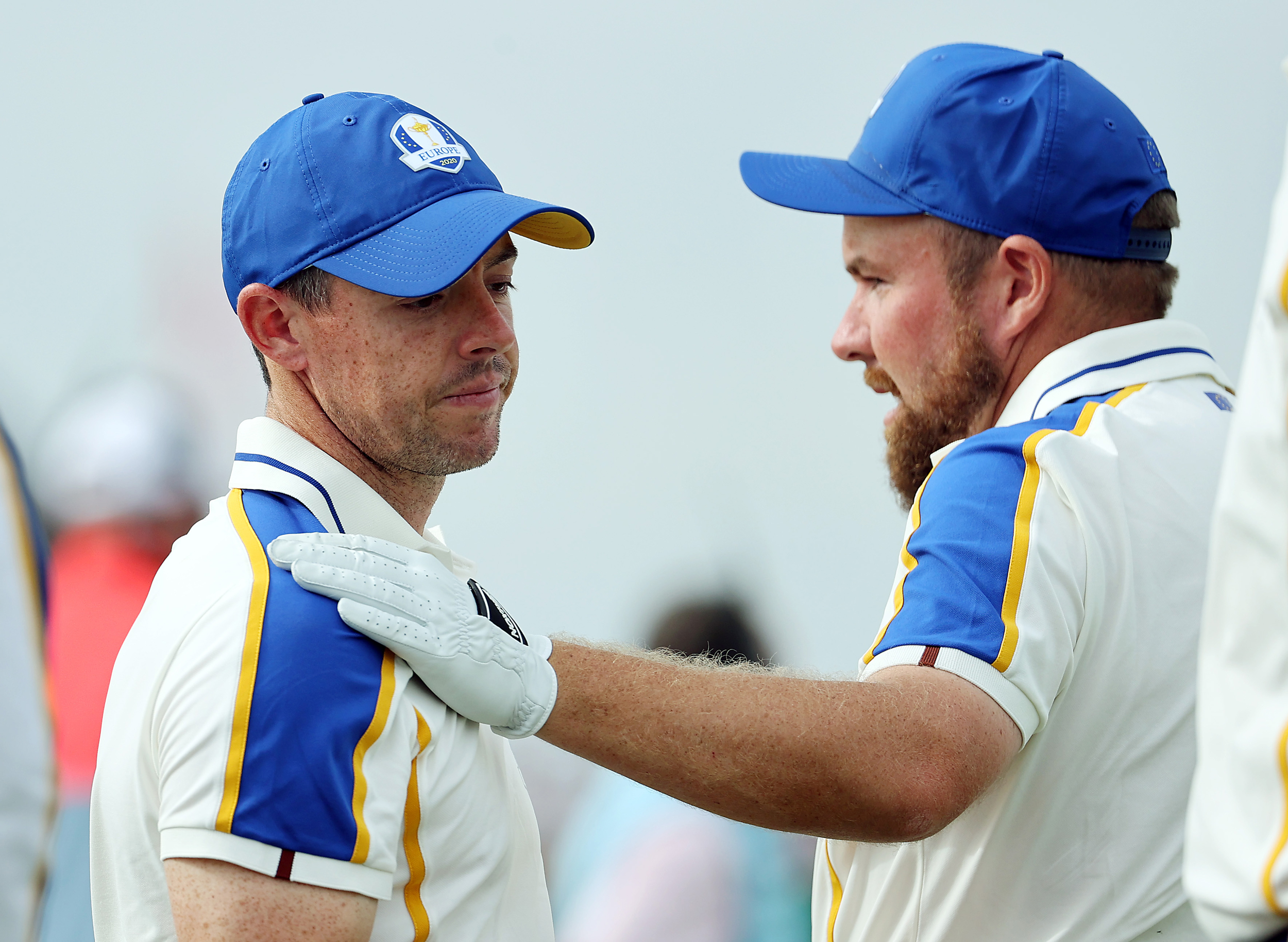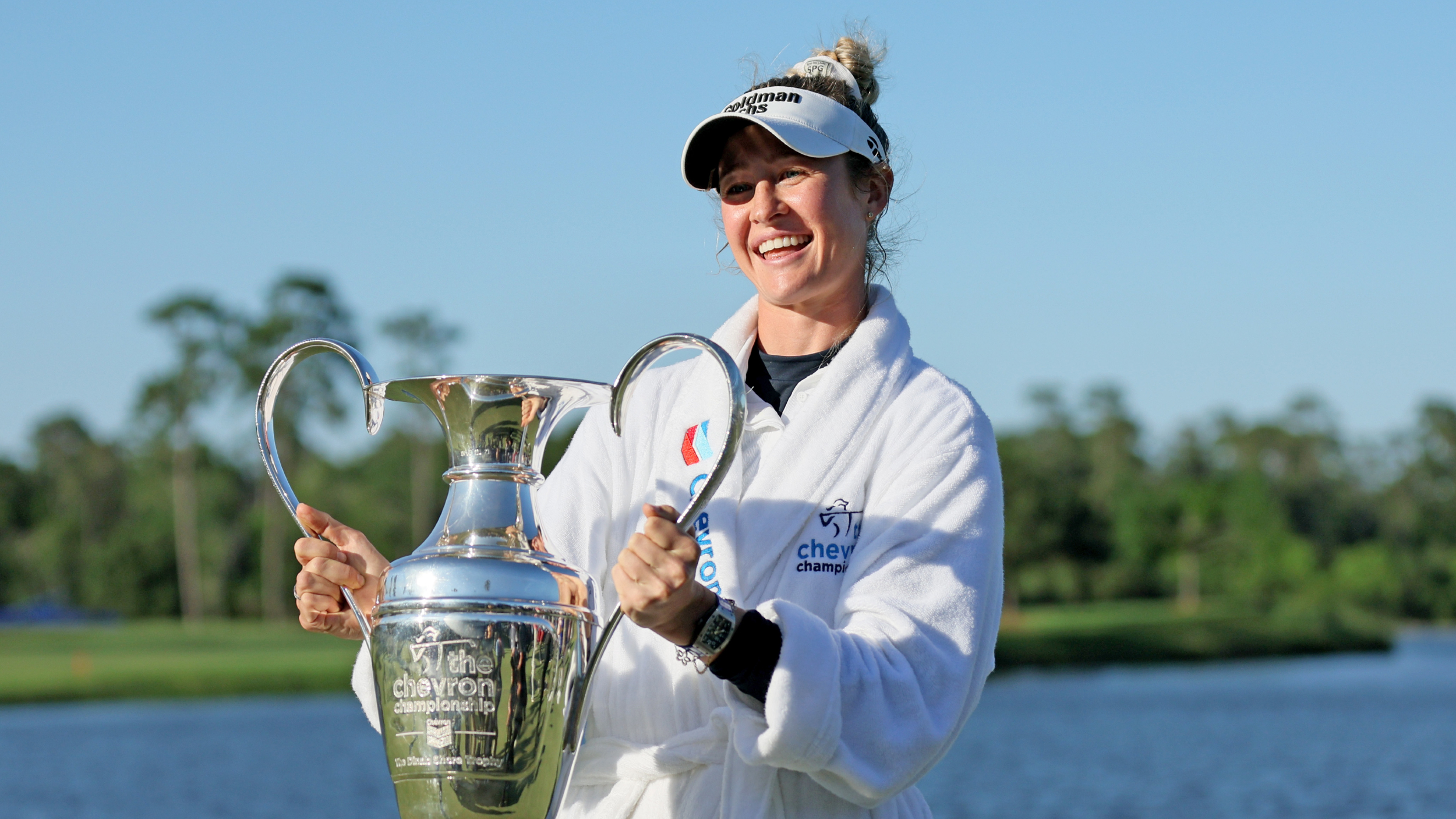Passion Not Petulance – Why Rory’s Reaction Is Good For Golf
The tears at the Ryder Cup and the tear-up in Dubai show that he wants it more than ever


Rory McIlroy is a four-time Major champion, has won 29 tournaments as a professional and spent 106 weeks ranked as the World’s Number one-ranked golfer.
He has won almost $60 million on the PGA Tour, and he’s still only 32. It’s a measure then of his enormous ability that consensus in the golfing world would probably say he has underachieved to this point.
Rory has huge expectations of himself and when he doesn’t meet those expectations his frustrations can boil over, as happened following the final round in Dubai last weekend.
After finishing poorly in the DP World Tour Championship and falling down the final leaderboard to end the week five shots behind champion Collin Morikawa, McIlroy ripped his shirt in anger as he headed into the scorer’s hut.
As we saw with his tearful reaction to Europe’s Ryder Cup defeat at Whistling Straits – Rory clearly cares a great deal about golf. Just like in the Ryder Cup, Rory’s reaction in Dubai was not a display of petulance but one of passion for his chosen sport.
That level of passion is seen across other ball sports but it’s rarely on display in the relatively restrained world of professional golf.
In the main, the top golfers keep their emotions in check: A poker face and stiff upper lip are the order of the day. That may be an effective competitive strategy, but it doesn’t exactly sell the sport to the viewing public. Spectators and fans want to see emotions.
Get the Golf Monthly Newsletter
Subscribe to the Golf Monthly newsletter to stay up to date with all the latest tour news, equipment news, reviews, head-to-heads and buyer’s guides from our team of experienced experts.
That’s not to say players should be damaging their equipment or screaming profanities upon missing putts… But some raw passion from the world’s best golfers will get fans turning up and tuning in.

Rory had a disappointing Ryder Cup
It’s one of the reasons we love the Ryder Cup – because we see the players wearing their hearts on their sleeves.
In individual golf, Jon Rahm’s animalistic roar on the final green of the US Open this year is an image that will remain in the sport viewing public’s conscience, just like Tiger’s celebration at Torrey Pines in 2008 or Seve’s at St Andrews in 1984.
No one questions those releases of emotion in triumph, but emotions can be just as strong in defeat and sports fans will embrace and remember them as well.
Think of Andy Murray’s tears after losing the Wimbledon final of 2012, or Gazza’s at Italia ’90… Those are images that encapsulate the passion and desire of the players.
Most of those looking on can empathise with such feelings of disappointment and failure.
Professional sportspeople give everything to their chosen event – they invest hugely both physically and mentally to try to reach the top.
It’s pretty devastating to give so much and come up short.
Rory McIlroy’ shirt-ripping passion offered evidence of what, by his high standards, has been a frustrating year.
He wasn’t at the races in the Majors, he narrowly missed an Olympic Medal, and the Ryder Cup was a huge let-down.
All golf fans know how good McIlroy is and that he could, and should, be winning Majors again. Rory, of course, knows it too.
It would be far stranger to see no emotion from him when his performances don’t meet expectations.
The tears at the Ryder Cup and the tear-up in Dubai show that he wants it more than ever.
It’s a great sign for next season that Rory is not content to simply pick up big cheques and hover around the top-10 on the World Ranking, cruising along as an excellent golfer.
He wants to win, he wants to be World Number 1 again, he wants to reclaim the Ryder Cup next time out.
Rory’s passion for golf gets people talking about the game, it will have some people rooting for him, perhaps others rooting against him.
Either way, it’s good for the top players to show passion.
Passionate professionals will inspire youngsters to pick up a club.
If the best golfers in the world don’t seem particularly interested in the game, why should anyone else be?

Fergus is Golf Monthly's resident expert on the history of the game and has written extensively on that subject. He has also worked with Golf Monthly to produce a podcast series. Called 18 Majors: The Golf History Show it offers new and in-depth perspectives on some of the most important moments in golf's long history. You can find all the details about it here.
He is a golf obsessive and 1-handicapper. Growing up in the North East of Scotland, golf runs through his veins and his passion for the sport was bolstered during his time at St Andrews university studying history. He went on to earn a post graduate diploma from the London School of Journalism. Fergus has worked for Golf Monthly since 2004 and has written two books on the game; "Great Golf Debates" together with Jezz Ellwood of Golf Monthly and the history section of "The Ultimate Golf Book" together with Neil Tappin , also of Golf Monthly.
Fergus once shanked a ball from just over Granny Clark's Wynd on the 18th of the Old Course that struck the St Andrews Golf Club and rebounded into the Valley of Sin, from where he saved par. Who says there's no golfing god?
-
 Five-Time PGA Tour Winner Disqualified From Corales Puntacana Championship Over Rules Incident
Five-Time PGA Tour Winner Disqualified From Corales Puntacana Championship Over Rules IncidentBen Crane made a costly error during the third round of the Corales Puntacana Championship that led to disqualification
By Mike Hall
-
 Nelly Korda Reveals Menu For Chevron Champions Dinner
Nelly Korda Reveals Menu For Chevron Champions DinnerThe 2024 winner hosts the Champions Dinner before the defense of her title, and the menu hints at her Czech heritage
By Mike Hall